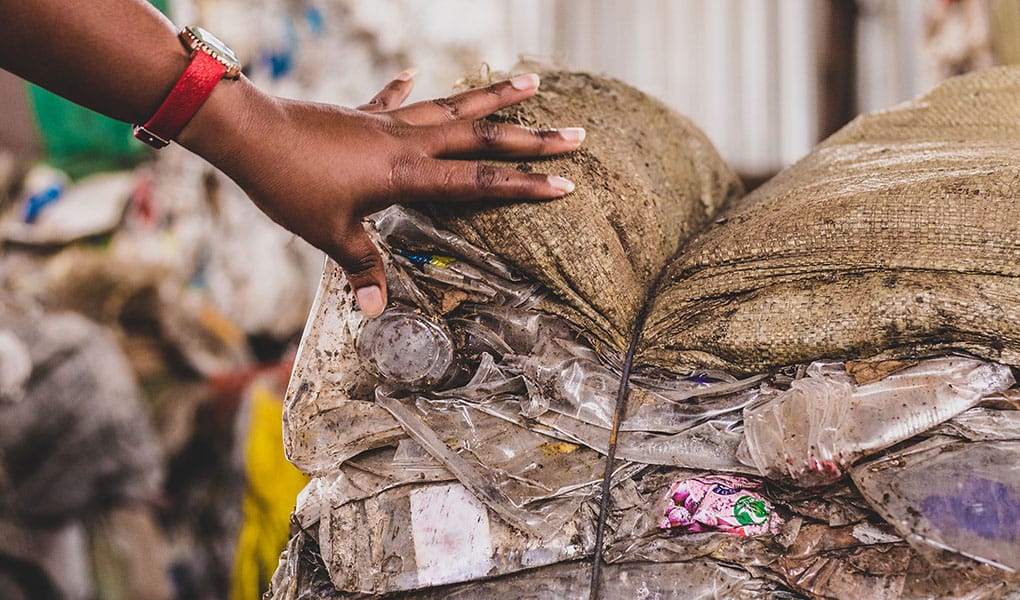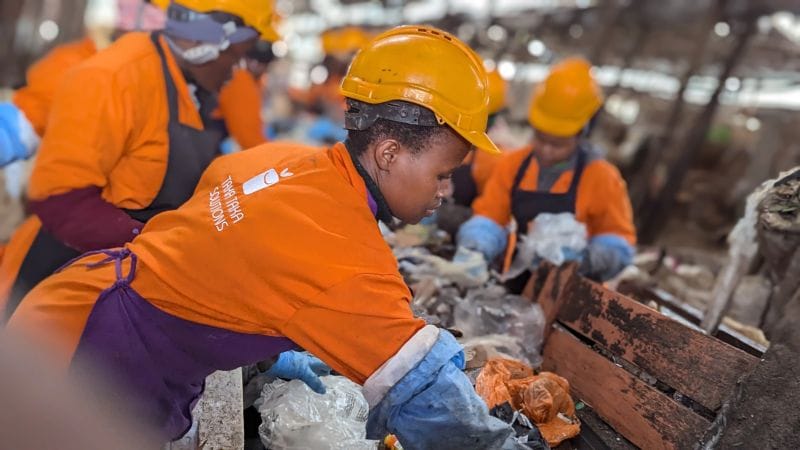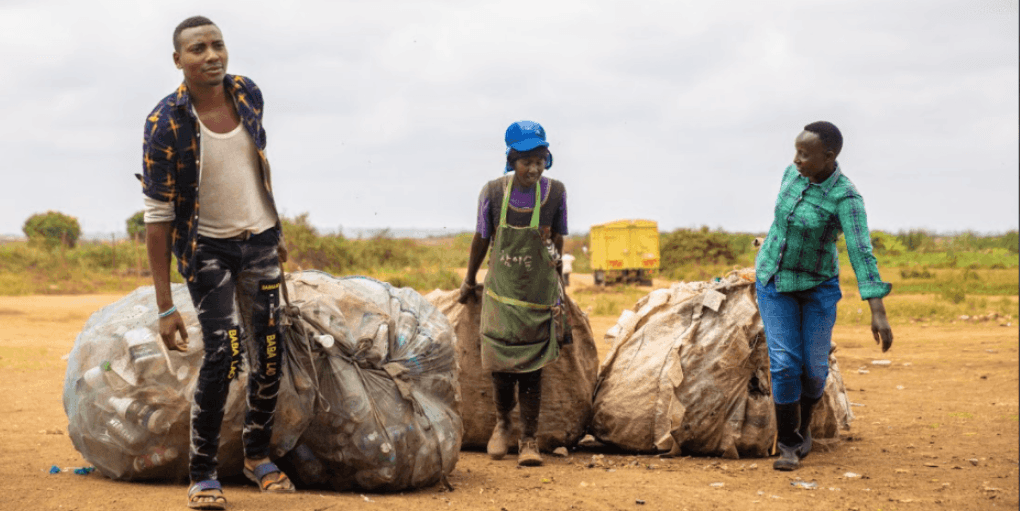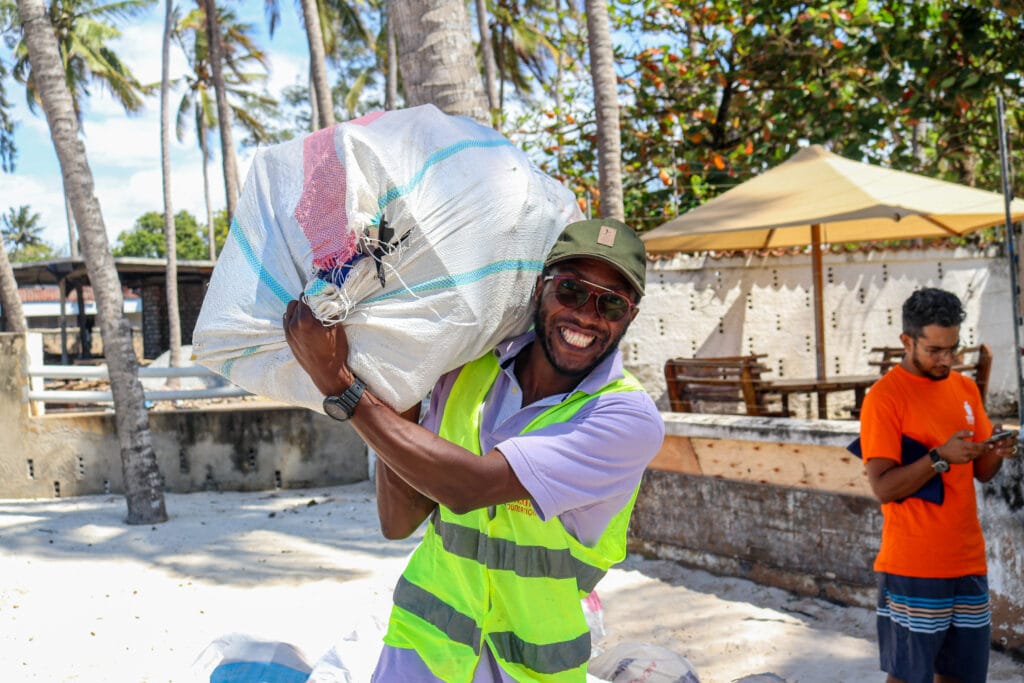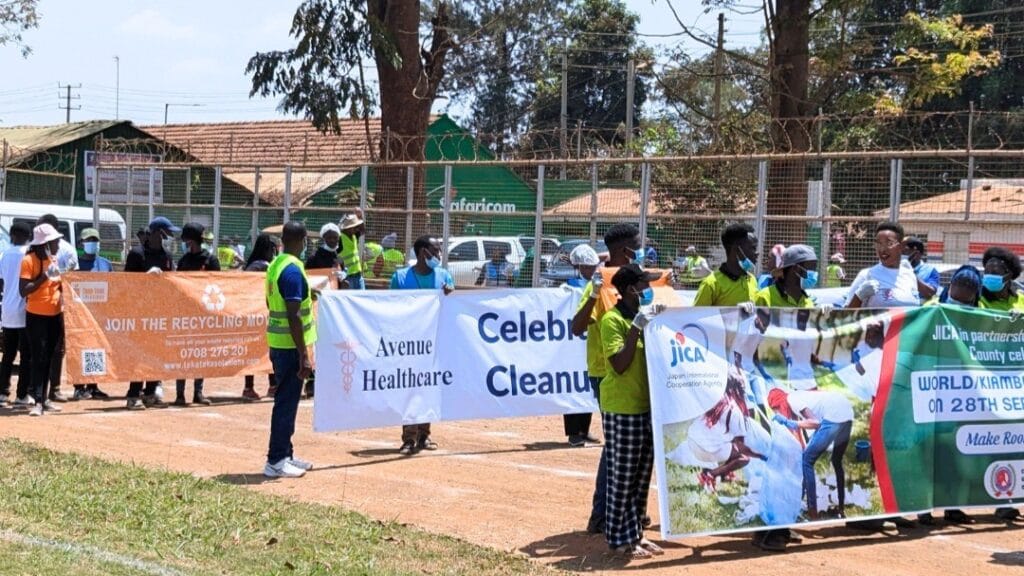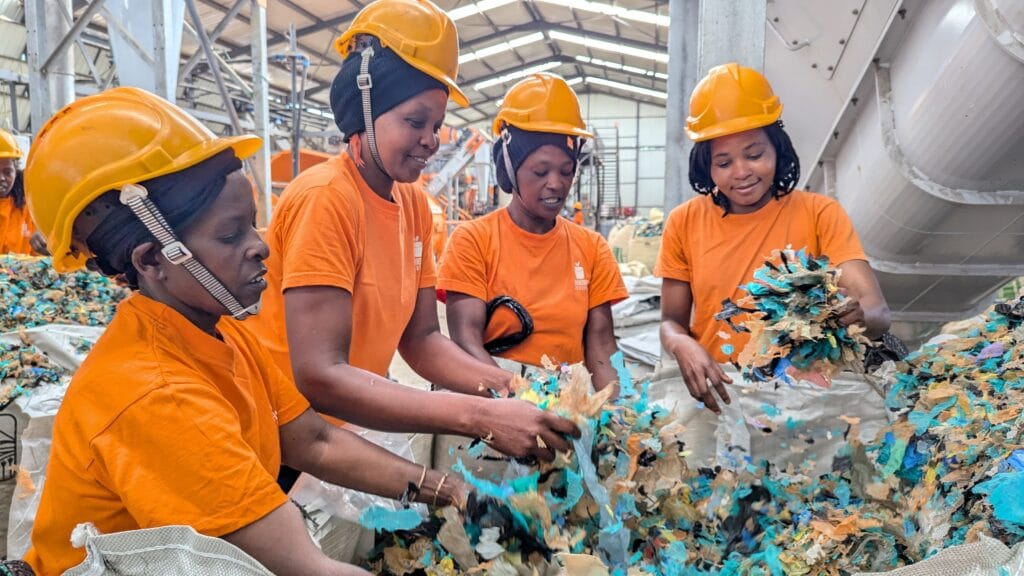Empowering Communities in Kakuma Through Circular Waste Solutions
In Kakuma—home to nearly 255,000 refugees and host community members—what was once an environmental challenge is becoming a model for sustainable development. TakaTaka Solutions, in partnership with Turkana County Government through World Bank Group funding, has transformed plastic waste into economic opportunity while addressing critical public health concerns.
From Waste to Economic Opportunity
Over two years, our innovative program has recovered 107 tonnes of plastic waste while creating livelihoods for over 200 local youth. Through the Kakuma Kalobeyei Challenge Fund (KKCF), we’ve established a complete value chain where community groups collect, sort, and supply materials to our Buyback Center. This circular economy approach not only cleans the environment but puts money directly into residents’ pockets.
Health and Environmental Impacts
The initiative has delivered measurable public health benefits by reducing plastic pollution that previously contributed to disease outbreaks. Our model has proven so effective that public health officials across Turkana County—including in Lodwar—are now exploring replication. Demonstrating that environmental solutions can drive both economic viability and community health.
This project challenges conventional views of refugee camps, positioning them instead as potential hubs for green innovation. The KKCF’s support highlights how strategic investment in waste management can simultaneously address humanitarian challenges while building sustainable local economies. Kakuma’s success story offers a replicable blueprint for displaced communities worldwide—proving that environmental stewardship and economic empowerment can grow hand in hand.
